Recognizing the Signs of an Asthma Attack
An asthma attack can be a terrifying experience, both for the person experiencing it and for those around them. The first step in helping a loved one during an attack is to recognize the signs. Common symptoms include coughing, wheezing, shortness of breath, and chest tightness. If you notice your loved one exhibiting these symptoms, it's important to act quickly. Let's dive into the various ways you can assist them during this time.
Creating a Calm Environment
During an asthma attack, it's crucial to create a calm and relaxing environment for your loved one. Panic can exacerbate symptoms and make the attack worse. Encourage them to sit down in a comfortable position, preferably upright, as lying down can make breathing more difficult. Speak to them in a gentle, reassuring tone and try to distract them from their breathing difficulties by engaging in light conversation or suggesting a calming activity, such as watching a movie or listening to music.
Helping with Medication
Most people with asthma have a prescribed inhaler or nebulizer to use during an attack. If your loved one has one, help them locate it and make sure they take the medication as directed. You can also remind them to take slow, deep breaths while using their inhaler. If you're unsure how to properly use an inhaler or nebulizer, it's a good idea to familiarize yourself with these devices and their instructions ahead of time, so you can confidently assist your loved one when needed.
Monitoring Breathing and Symptoms
As your loved one uses their medication, keep an eye on their breathing and overall condition. Look for signs of improvement, such as reduced wheezing, coughing, and shortness of breath. If they don't seem to be getting better, or if their symptoms worsen, it may be necessary to seek medical assistance. Have a plan in place and know the location of the nearest hospital or emergency room, just in case.
Encouraging Relaxation Techniques
Helping your loved one relax can be beneficial during an asthma attack. Encourage them to practice slow, deep breathing exercises, counting to four while inhaling and four while exhaling. You can also suggest other relaxation techniques, such as visualization or progressive muscle relaxation. These can help take their mind off their breathing difficulties and promote a sense of calm.
Seeking Medical Help When Necessary
It's essential to know when to call for emergency medical help during an asthma attack. If your loved one's symptoms don't improve after using their medication, if they're struggling to speak due to shortness of breath, or if their lips or fingernails turn blue, it's time to call for help. Don't hesitate to call 911 or take them to the nearest emergency room, as severe asthma attacks can be life-threatening.
Providing Emotional Support
Dealing with asthma attacks can be emotionally draining for both the person experiencing them and their loved ones. Be there to offer emotional support, listen to their concerns, and reassure them that they're not alone in this journey. Encourage them to seek out support groups or counseling if they're struggling to cope with the emotional aspects of asthma. Remember, your love and support can make a significant difference in their overall well-being.
In conclusion, helping a loved one during an asthma attack involves recognizing the signs, creating a calm environment, assisting with medication, monitoring their condition, encouraging relaxation techniques, and providing emotional support. By being prepared and knowing how to respond, you can make a real difference in your loved one's life when they need it most.


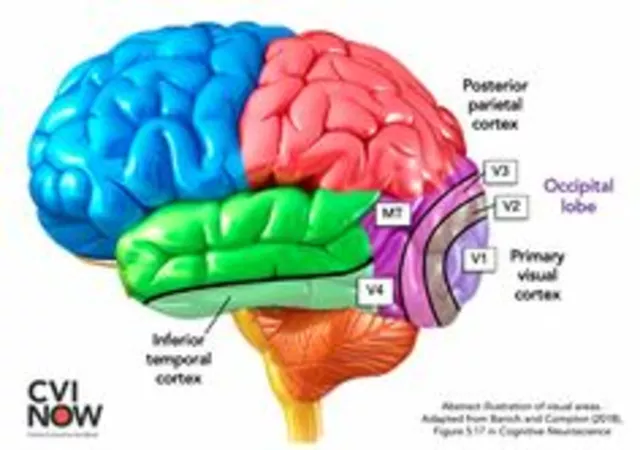

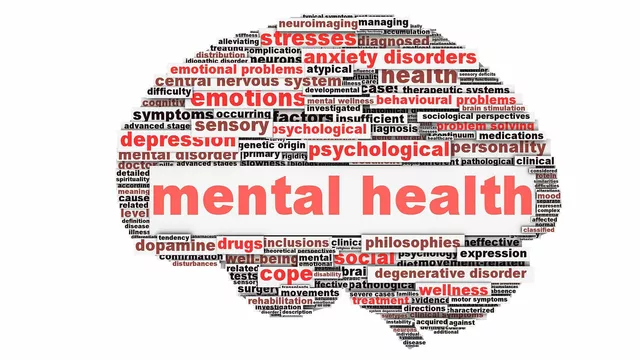
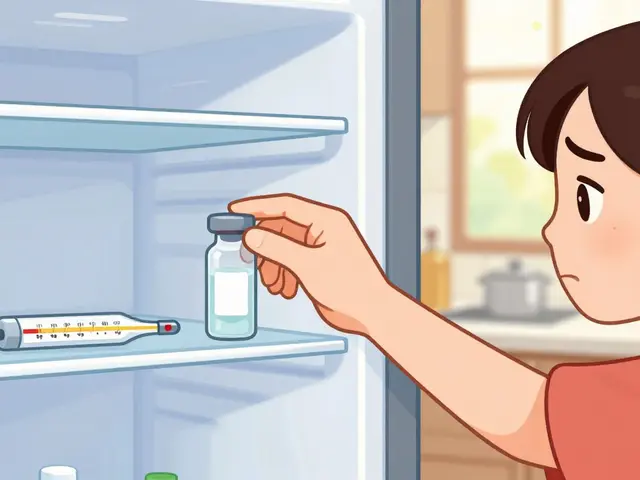

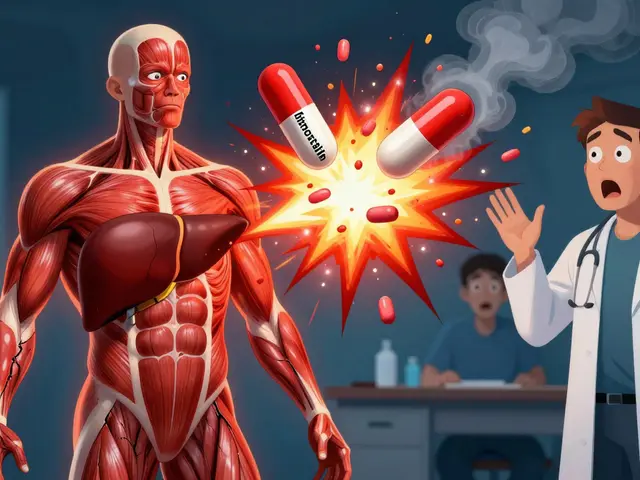
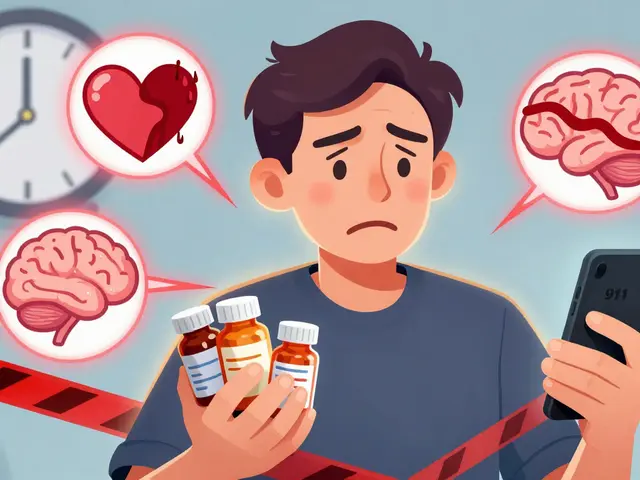
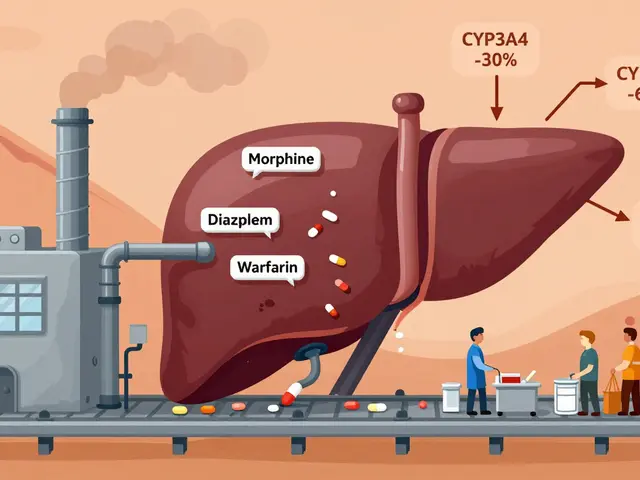
Nick Zararis
Okay, so first thing: if someone’s having an attack, don’t just stand there-help them sit upright, loosen their clothes, and grab the inhaler. No time for panic. Second: if they’ve got a spacer, use it. Seriously. It’s not optional. Third: count the puffs. Don’t guess. Fourth: if they’re not improving after two doses, call 911. No, really. I’ve seen people wait too long. And fifth: don’t say ‘breathe slower’-it’s useless. Just stay calm and be the anchor.
Gordon Oluoch
This article is dangerously oversimplified. Asthma isn't a sitcom. You can't just 'create a calm environment' and expect a bronchospasm to vanish. Most patients have been trained for years. What you're describing is basic first aid for people who should already know this. The real issue is systemic lack of access to medication and poor primary care. But no one wants to talk about that. Instead we get feel-good advice that makes middle-class readers feel virtuous.
Tyler Wolfe
i had a friend who went into an attack at a concert once and no one knew what to do. i just kept saying 'you got this' and held his hand. he said later that was the only thing that kept him from freaking out. sometimes just being there matters more than any technique.
Kika Armata
While your suggestions are technically correct, they reflect a profoundly amateur understanding of respiratory pathology. The notion that 'light conversation' can mitigate bronchoconstriction is not only misleading-it's potentially harmful. The only valid interventions are pharmacological (beta-2 agonists, systemic corticosteroids) and oxygenation if SpO2 drops below 92%. Visualization? Progressive muscle relaxation? These are parlor tricks for people who haven't read the GINA guidelines. If you're not prepared to administer nebulized albuterol or recognize impending respiratory arrest, you shouldn't be 'helping' at all. You're a liability.
Herbert Lui
There’s something beautiful about how the body screams when it’s fighting for air-and how quiet the room gets when someone else learns to be still enough to hold space for that scream. You don’t fix an asthma attack. You witness it. You become the ground beneath them when their lungs forget how to be lungs. The inhaler? That’s the tool. But the hand on the back? The voice saying ‘I’m right here’? That’s what makes them believe they’ll breathe again. It’s not science. It’s soul-work.
Sara Mörtsell
People always say 'use your inhaler' like it's magic but half the time they're using it wrong like they're spraying perfume or something. You gotta exhale first then press and inhale slow like you're sipping a milkshake through a straw and hold it for five seconds and if you don't do it right it goes straight to your throat and does nothing and you think it's not working but it's just you being an idiot
Rhonda Gentz
I’ve watched my sister go through this for fifteen years. The worst part isn’t the wheezing. It’s the guilt. She’ll apologize for being a burden. She’ll whisper 'I’m sorry I’m like this.' And the people around her? They scramble for the inhaler, they panic, they rush to the car, they yell for help. But no one ever just sits. No one ever says, 'It’s okay to be here like this.' The most powerful thing you can do? Be the quiet. Be the stillness. Be the silence that says: you don’t have to be okay to be loved.
Alexa Ara
My mom has asthma and I used to get so scared every time she had an attack. But then I learned that the best thing I could do was not try to fix it, but just be there. I’d sit next to her, hold her hand, and just breathe with her-not fast, not slow, just steady. After a while, she started doing it too. We’d breathe together like a rhythm. It sounds silly, but it helped. And now, when she’s calm, she’s more likely to use her inhaler right. It’s not magic. It’s connection.
Olan Kinsella
Let me tell you about the time my cousin had an attack at a family reunion. Everyone was screaming. Aunt Linda was crying. Uncle Dave was trying to give her water. Her inhaler was in the car. And me? I just stood there, staring. I thought: this is what death looks like. Not dramatic. Not loud. Just… quiet. And then she stopped breathing. For ten seconds. Ten seconds. And then she gasped. And I realized: we’re all just one bad day away from losing someone we love. And we don’t even know how to hold their hand. We just wait for the ambulance. We wait for the hero. But the hero is the one who doesn’t run. The one who stays. The one who doesn’t say 'breathe'-but just sits. And waits. And loves.
Kat Sal
I’m not a doctor but I’ve been through 3 ER trips with my sister and I learned one thing: never assume they’re okay after the inhaler. Even if they seem fine. Watch their lips. Watch their fingers. If they’re not glowing pink, you’re not done. And don’t let them lie down. Ever. I’ve seen people flatline because someone thought 'they’re calming down'-they weren’t. They were fading. Stay alert. Stay awake. Stay there.
Rebecca Breslin
Honestly, if you don’t have a written asthma action plan from your pulmonologist, you’re just guessing. This article is cute but it’s not enough. You need to know their peak flow numbers, their trigger list, their rescue med dosage schedule, and their emergency contact protocol. None of that is here. Just vague 'be nice' advice. That’s not help. That’s performative compassion.